- In addition to news items, we also publish more extensive stories about high-profile research or about CWI contributing to tackling social issues.
- Questions about our research or our institute? Media can contact our Communication department.
- Our CWI in the media page features a selection of CWI appearances in prominent media channels, both national and international.
News
News about CWI research, education and the social impact of this research.
In Memoriam: Jan Willem Klop
It is with deep sadness that we announce the passing of Prof. dr. J.W. (Jan Willem) Klop at the age of 79 on 28 September 2025. He was associated with CWI from …
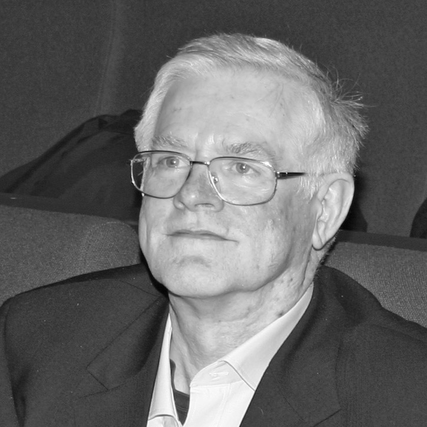
Deep learning exposes vulnerabilities in video streaming
Artificial intelligence can make communication smarter, faster, and more secure – but it can also reveal vulnerabilities. This is demonstrated in the doctoral research of Arwin Gansekoele (CWI/VU). His work shows that …

CWI helps the UN filter sensitive data from its crisis platform
CWI researcher Madelon Hulsebos and masterstudent Liang Telkamp have developed a method to accurately detect sensitive information from the vast amounts of data stored on the United Nations’ Humanitarian Data Exchange (HDX) …

2025 VLDB Test of Time Award for CWI researcher Peter Boncz
Peter Boncz, researcher and leader of the Database Architectures (DA) research group at CWI, and his co-authors have received the VLDB Test of Time Award 2025. They received the prize at the …
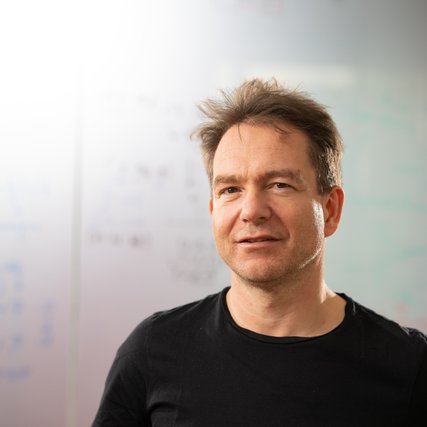
NLnet and CWI present first public SCION connection in the Netherlands
Today, on 14 August, NLnet and Centrum Wiskunde & Informatica (CWI) are launching a demo of the first public connection in the Netherlands to the SCION network - a new and safer …
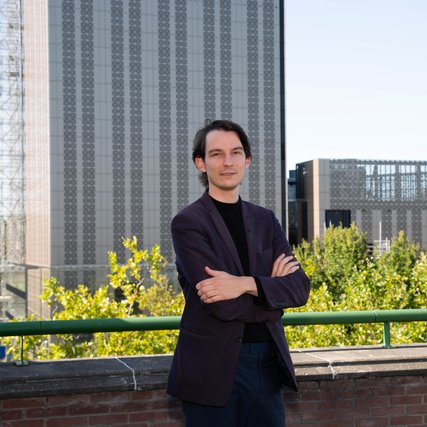
Spring School on Social XR designated for the first time as an ACM Seasonal School
The Spring School on Social XR achieved a significant milestone: for the very first time, it has been officially recognized as an ACM Europe Seasonal School.
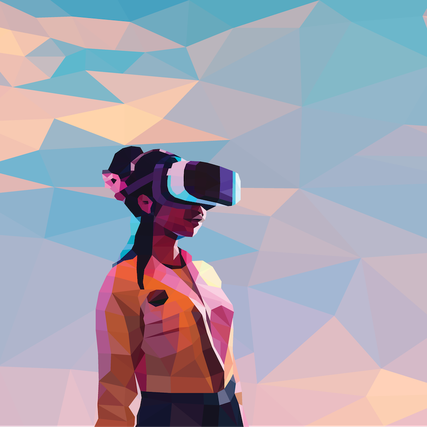
Project to reduce waiting times in healthcare moves into practice
A mathematical model that reduces waiting times in elderly care by intelligently matching supply and demand will soon be tested in practice in the Amsterdam region.
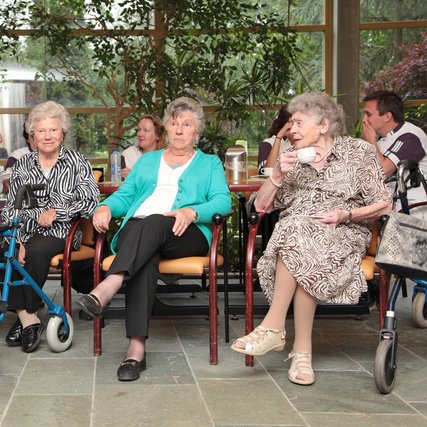
Von Engel and Franklin Prize for Ute Ebert
For her pioneering theoretical and computational work on electric discharges in gases, Ute Ebert (CWI and TU/e) has been awarded the prestigious Von Engel and Franklin Prize. She delivers her prize lecture …
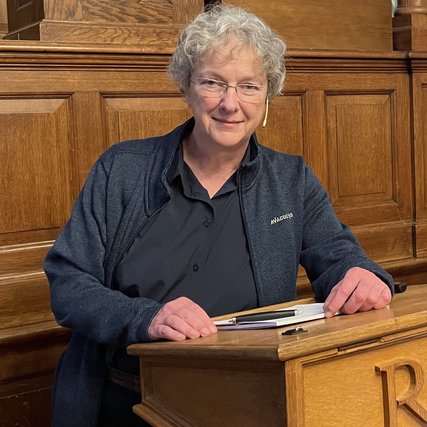
- Button to the previous page
- 1
- 2
- 3
- 4 (current)
- 5
- 6
- 7
- …
- 160
- Button to the next page
